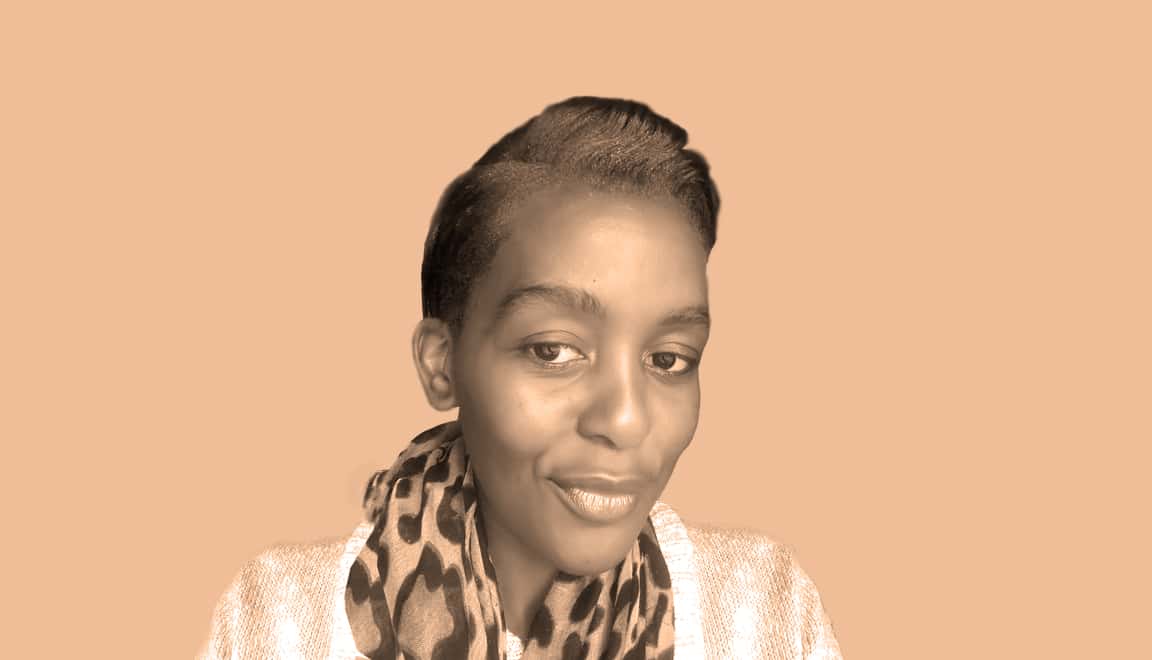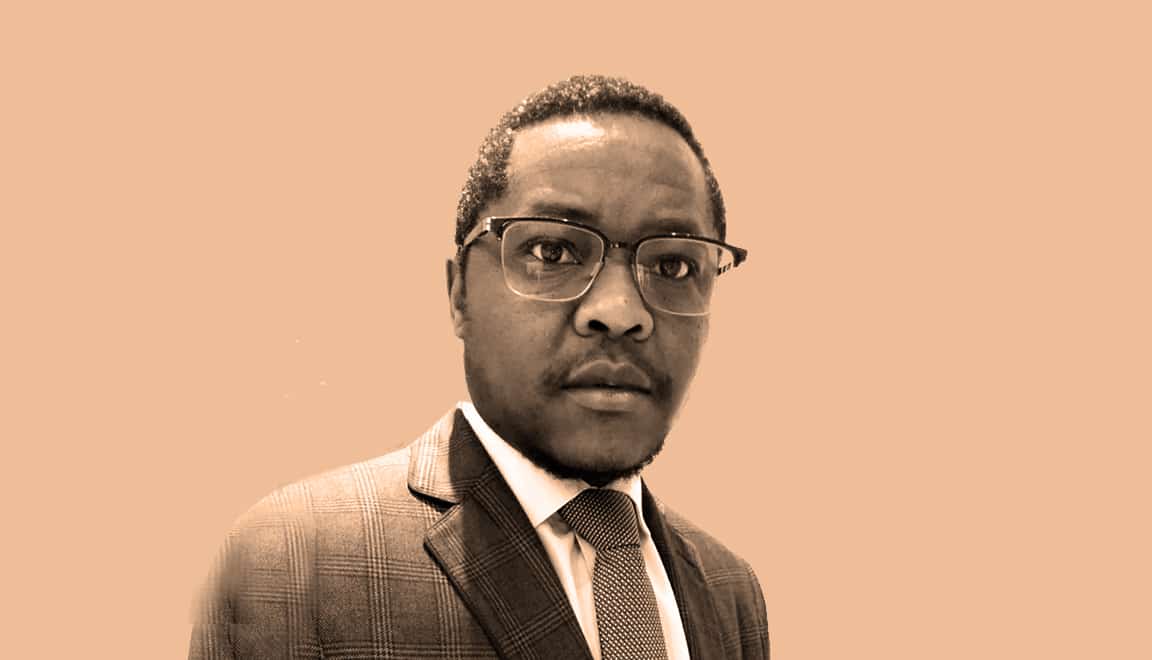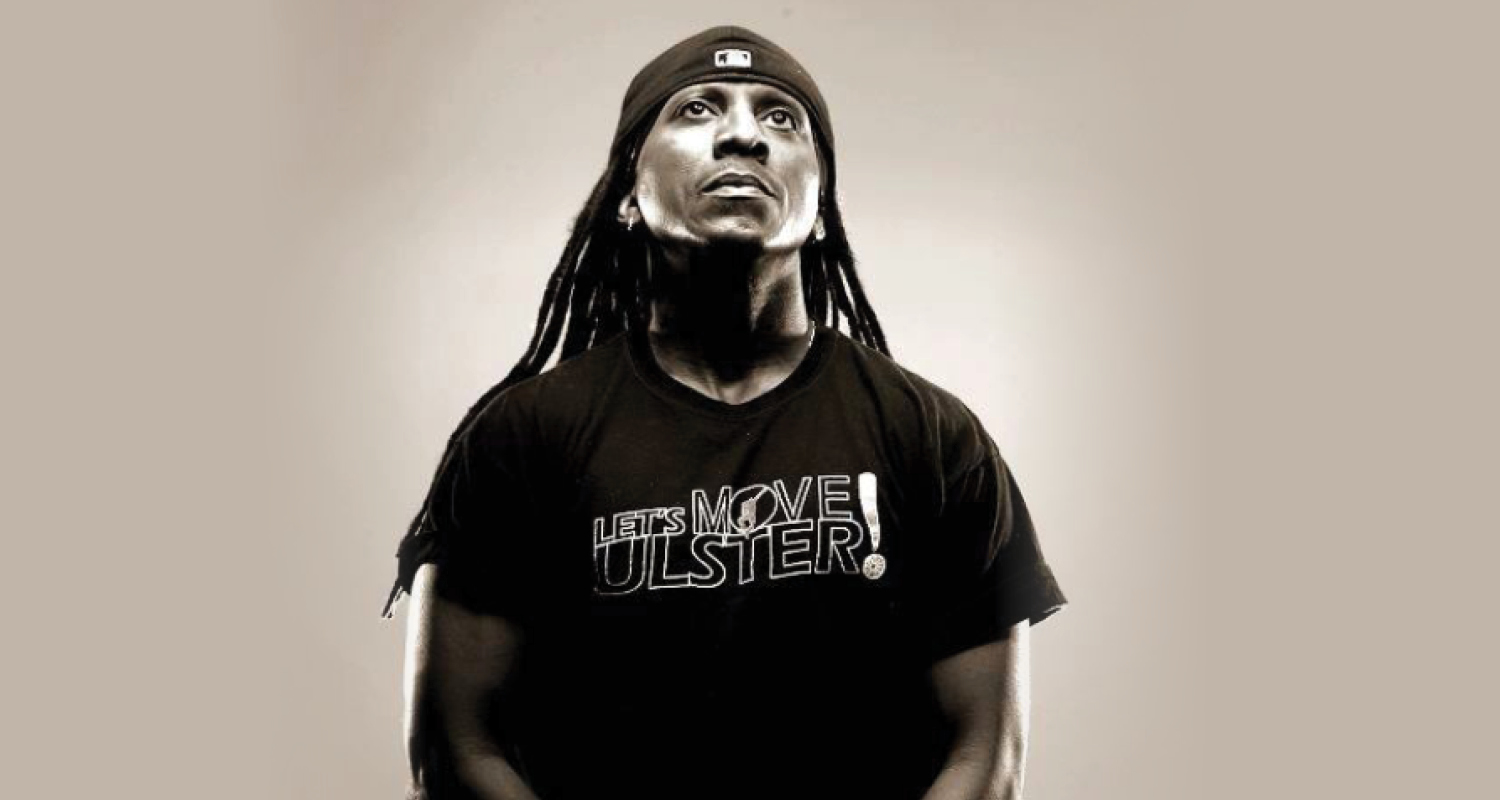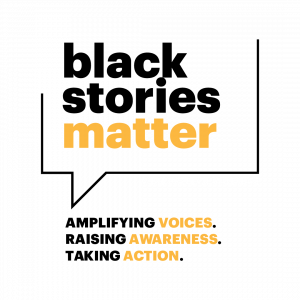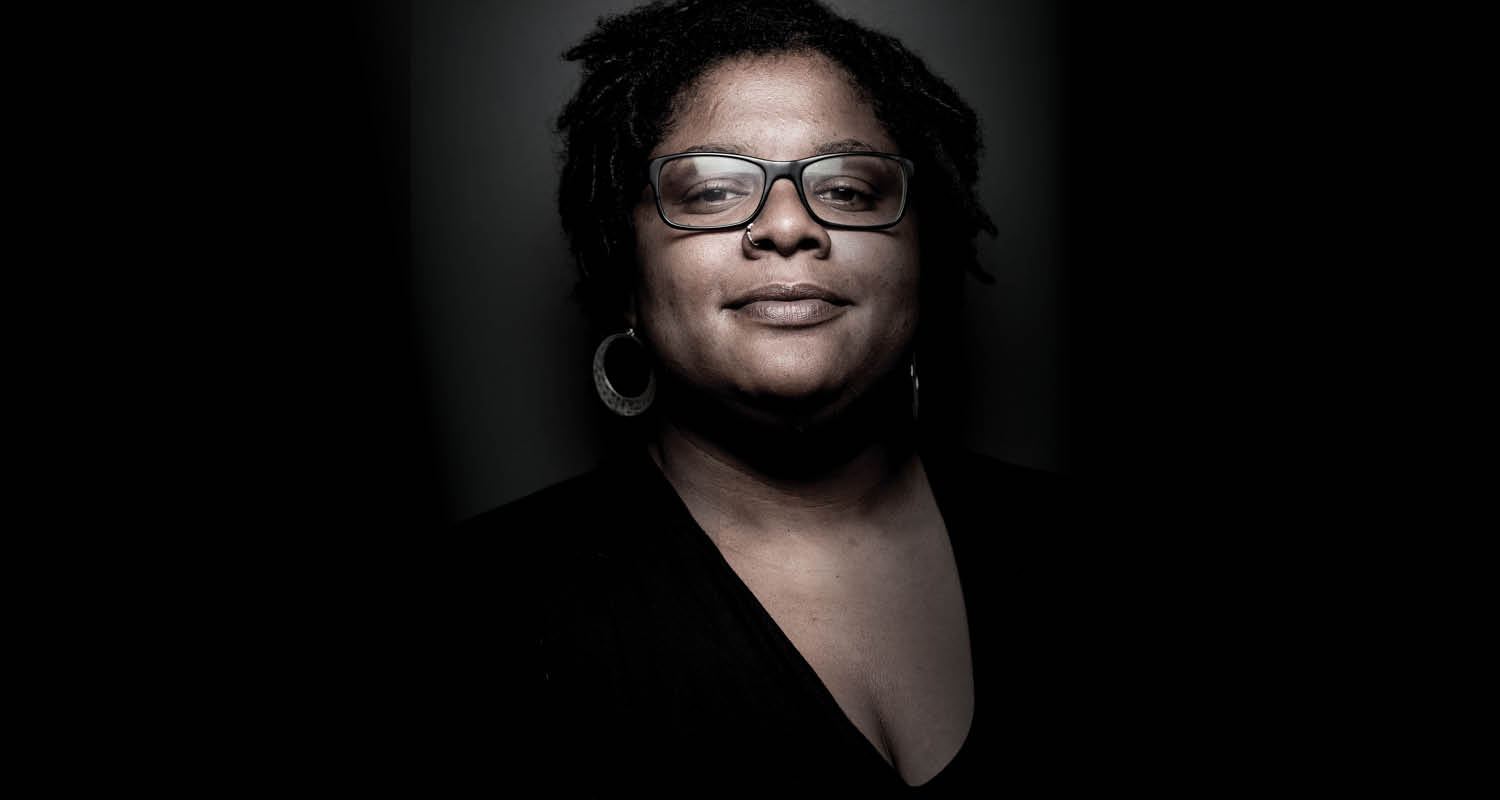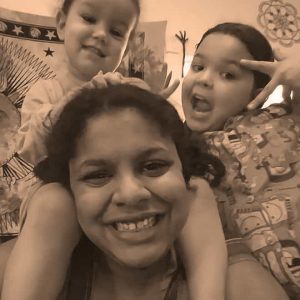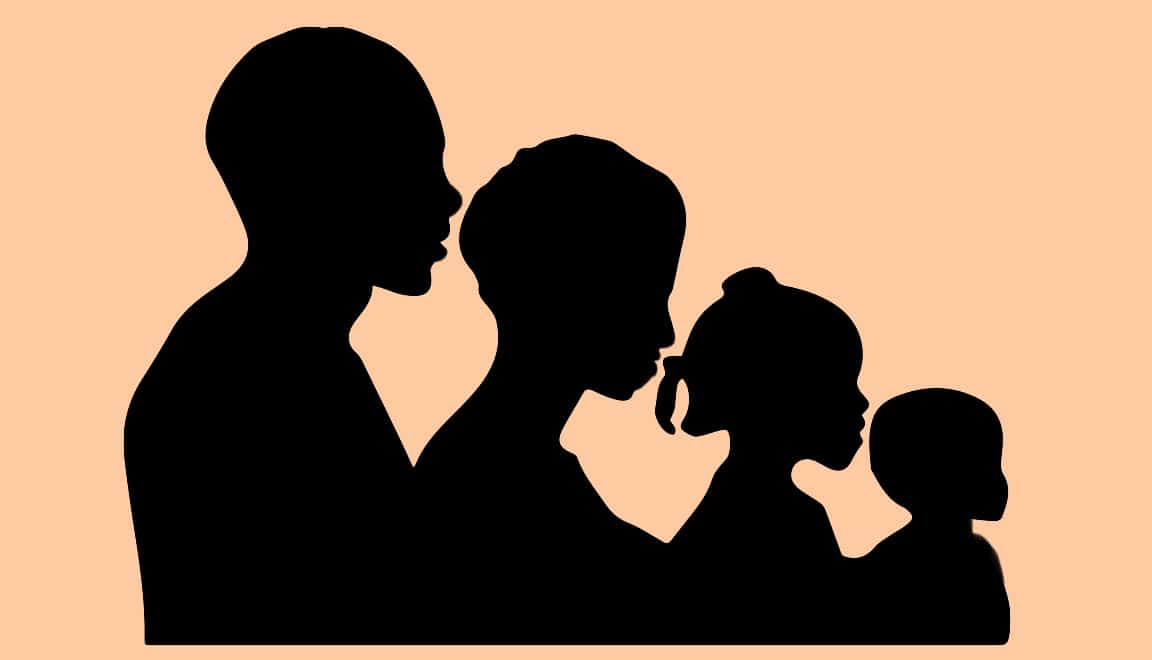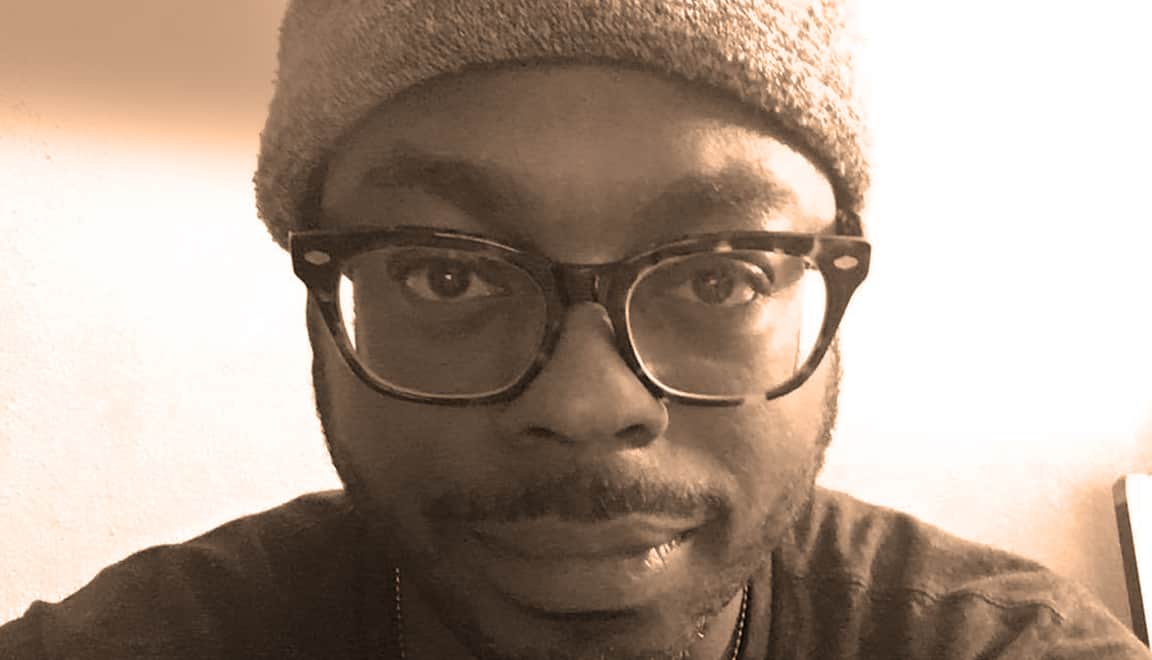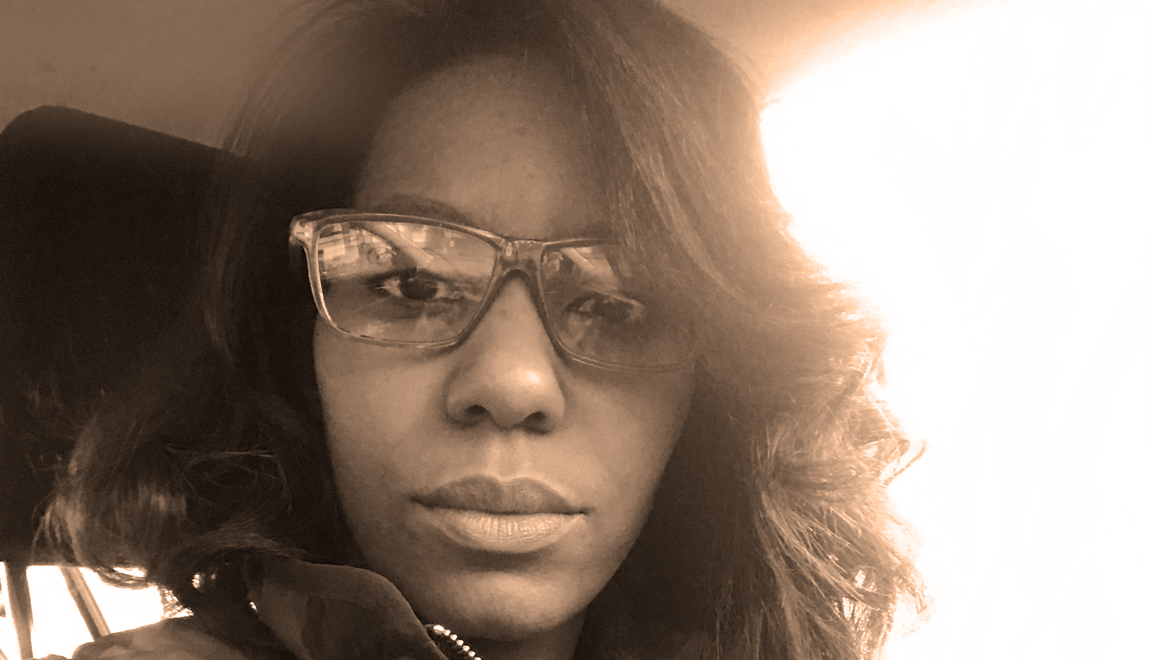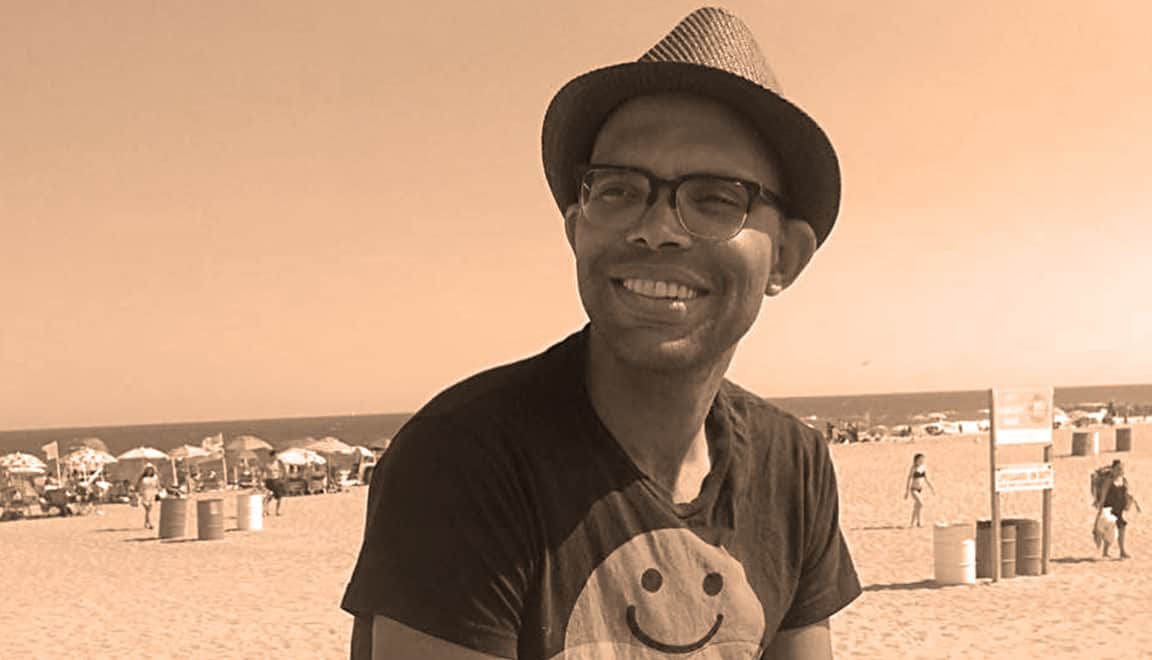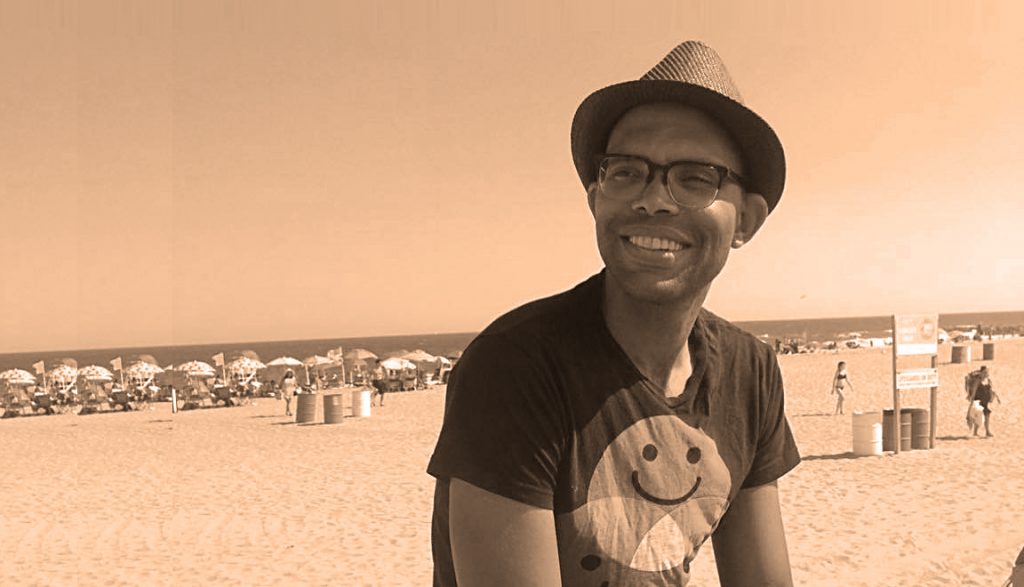(she/her)
I was 20 years old when I discovered I was HIV positive. I was pregnant and had little knowledge about the condition. I was scared, shocked and wondering, “Why me?” I remember saying,”I will never be normal again. I had five close relatives who passed away due to AIDS and AIDS-related illnesses, two of whom had been taken care of by my mother. There was no medication available to them in Zimbabwe. There wasn’t adequate information, just high levels of stigma, causing people to keep their diagnosis to themselves. They wouldn’t seek help or advice because HIV was associated with promiscuity and immorality.
A short while after I was diagnosed, I was lucky enough to get information from the local clinic, and it helped me regain my confidence. Having experienced such intense anxiety and confusion, I started to think about the many young women who could be in the same situation; women who may not have adequate knowledge or the skills to ask for services, communicate with a healthcare worker, or have adequate family support like I did.
I felt compelled to do something to help other young women. I started to inquire about support groups within my community and sought out those who would be interested in being part of one. It turned out taking this action and being surrounded by others was therapeutic for me, too. From there, I became involved in different activities and started to discover activism. I had the opportunity to meet other young women and discovered a world of mentors and friends who helped me come to terms with my new condition.
At first, I thought it wouldn’t be possible to have an HIV negative child, but once the process of PMTCT (Prevention of Mother to Child Transmission) was explained to me, I wanted to educate and support my peers. I continued to seek out knowledge and learn more about the condition. So much had changed since my relatives passed away. Back then, as soon as you were diagnosed with AIDS, as it was popularly known, people started awaiting your death.There was no hope and no future, only misery. It was a dark and challenging time.
I learned that now, those of us who are HIV+ can lead long, healthy, fulfilled lives. We have access to medication and have hope for the future. There are strong systems in place for support. By speaking out and being heard, we’re getting rid of the stigma attached to the disease.
I have enormous gratitude appreciation for the activists who struggled, marched, chanted and some who died, so that we could we could have access to medication and services, and have HIV-free babies. I’m now the mother of two, and both of my children are negative.
For my relatives and the activists who’ve come before me, I will continue to do this work, to ensure diverse people — regardless of age, gender, race or social status — will have what they need to thrive with HIV.
